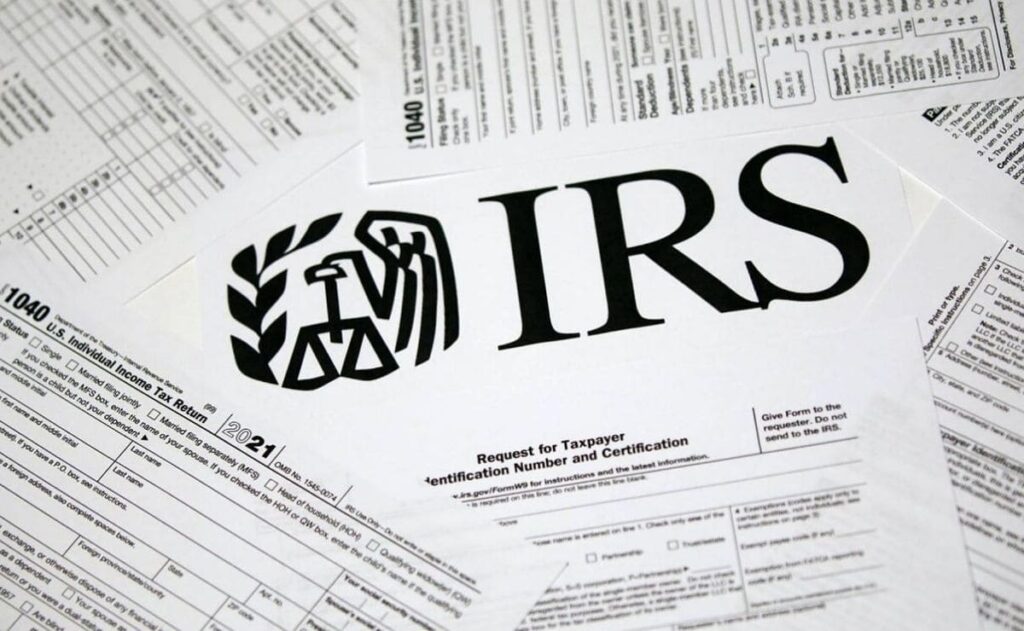The IRS has recently announced that taxpayers and tax pros should not lower their guard since scammers are up to no good. They have even published a list of the most common scams in 2023. In this way, American citizens can have enough information regarding these misdeeds. Businesses are targets too, so watch out.
This IRS list has the twelve most common scams and it has been given the name of Dirty Dozen. Of course, the list of scams is endless, but this aims to point out the most dangerous ones in the USA in 2023. Not tallying prey is what every single taxpayer should try to achieve. Fighting against scammers is key.
Besides, it could be much easier. Especially if everyone helps to report them to the IRS. Despite the fact that most scammers carry out their evil plans during the tax season, others continue all year round. Getting your rightful money is their goal, no matter the time of the year it is. They also long for your data and personal information.
What are the most common scams fraudsters try according to the IRS?
In the first place, the IRS highlights the claims of employee retention credit. Some fraudsters want to have access to your personal information through a false promise. They boast you can take advantage of credit to get a larger refund. They make you believe you are eligible, then, you trust them and give them your personal information.
Once they have got your information, they use it to carry out identity theft. There are many advertisements on the Internet and even on some radios. Being aware of these unpleasant techniques could help you get into trouble. They use very aggressive campaigns which could seem to be convincing and true.
The second most common activity to take advantage of taxpayers, tax professionals, and businesses is phishing. As well as that one, you might have heard of smashing. It does not matter if you receive fake communication by email or text message. Both ways are fake and you have not asked the IRS for it.
How can I know that it is not an email or text message from the IRS?
Bear in mind that the IRS starts most communication by mail. They will not send you a text message or email. Or even by social media to warn you about a penalty or tax refund. Then, if you are suspicious, visiting the IRS or calling their official numbers can help you clear up your doubts. They want you to rush.
In this way, you are not able to think because you are blocked and shocked due to fear. Take it easy, calm down, and contact the IRS first. Never click on any links or provide any personal information. Another scam you should be wary of has to do with getting help to create a new IRS account. Watch out again!
Once more. they just want to use their “helpful” advice to conduct identity theft. By doing so, they will be able to file a tax refund and steal your money. As the price of fuel has gone up in 2022, they have come up with the idea that there are fuel tax credits you can claim. Which are just for farmers and off-highway business use.
What about fake charities?
As you may have guessed the IRS has also detected people have been deceived by non-existent charities. There are two possibilities here. They either want to get all your personal information or money, sometimes both of them. Whenever a disaster takes place, they leap at the chance to take advantage of generous people.
Do not forget that you can only get a deduction if it is a charity or organization that the IRS has already recognized. Unfortunately, they are still some unscrupulous preparers. They sort out your tax return but they want their fee to be as large as your refund. They must sign or add their IRS PTIN.
PTIN stands for the Preparer Tax Identification Number, which is a must because it is the law. Refuse to sign a tax return that has not been filled in. There is a lot of fraud going on on social media too. There is a lot of inaccurate information and bad advice that could be misleading. The list of scams could go on. Report to the IRS any suspicious or abusive tax scheme.
